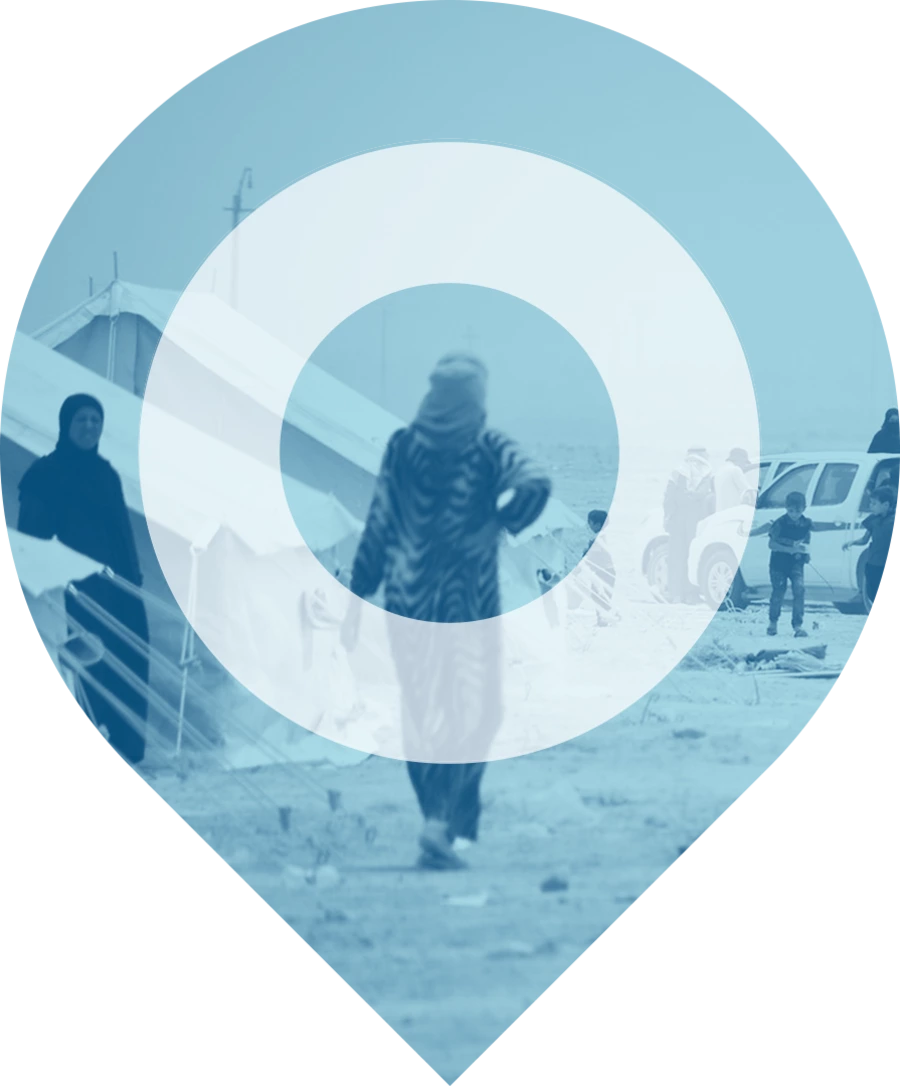TOOLS & RESOURCES
Weekly
highlights
Every week, we publish new highlights on recent humanitarian developments to enable crisis responders to prioritise based on the needs of affected populations.
09/09/2025
Pakistan
By 9 September 2025, monsoon floods in Pakistan had affected 5.6 million people, creating a fast-escalating humanitarian crisis since rains began on 26 June. At least 910 people have died, including over 500 in Khyber Pakhtunkhwa and 234 in Punjab, while more than 2.1 million have been displaced. Nearly 6,000 homes have been damaged and 2,000 destroyed, leaving thousands without shelter. Punjab is the worst hit, with 4.1 million people across 4,100 villages severely affected. In Sindh, more than 100,000 people have been evacuated as authorities monitor rising Indus River inflows that threaten downstream communities. The floods have generated urgent needs in shelter, food, health, WASH, and psychosocial support. Rainfall between June–August already exceeded seasonal averages, overwhelming soil and drainage systems, while forecasts for 8–14 September indicate above-normal rains in parts of Balochistan, Gilgit-Baltistan, Punjab, and Sindh, likely worsening the crisis. (ECHO 09/09/2025, WFP 09/09/2025, AJ 08/09/2025)
08/09/2025
Colombia
In early September 2025, 25 of the 29 municipalities in Meta, central Colombia, declared a state of emergency following floods and landslides that affected over 108,000 people. The Ariari, Duda, Guamal, and Meta rivers overflowed, while landslides damaged key transport routes, including the main road linking Meta to northern Colombia. Several alternative roads connecting Villavicencio, the capital, with the rest of the region are also damaged, making movement difficult. Agricultural losses are extensive, with hectares of crops and livestock pastures submerged. Damage to health and education facilities further restricts access to services. The affected population faces a heightened risk of waterborne diseases and other health outbreaks because of unsafe water, adding to current alerts for diseases such as yellow fever, dengue, and chickenpox. Across Colombia, above-average rainfall is stretching national and international response capacities, leaving affected people in Meta with urgent humanitarian needs for food, shelter, WASH, and healthcare. (OCHA 05/09/2025, Radio Nacional 07/07/2025, OCHA et al. 29/07/2025)
08/09/2025
Côte d'Ivoire
A land dispute between Brefor and Gonja communities in Ghana’s Savannah region escalated into violent clashes in late August 2025, killing at least 34 people and displacing nearly 50,000. The violence began in Gbenyiri village and spread to nearby areas, prompting a curfew and the deployment of over 700 security personnel. By 5 September, around 10,000 people had crossed into Côte d’Ivoire’s Bounkani region, where civic authorities report food shortages, overcrowding, and inadequate medical supplies. Most arrivals are women, children, and older people. Within Ghana, over 40,000 remain displaced across Savannah region, many in neighbouring villages with limited shelter or services. Some families have also attempted to cross into Burkina Faso. Given the region’s history of land-related conflict, protracted displacement and renewed violence remain possible. Although the situation has calmed, cross-border ethnic ties and the absence of a resolution raise the risk of reprisals and further unrest. (RFI 03/09/2025, ECHO 05/09/2025, Sada News 05/09/2025)


